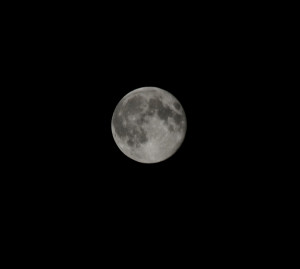Celebrate the beauty of the nation’s cherry blossoms.
Spring officially begins!

An extremely rare event will take place shortly after 2 a.m. EDT on Thursday, March 20. An asteroid known as 163 Erigone will pass in front of the bright star Regulus in the constellation of Leo, causing the star to disappear. A stellar occultation (pronounced “occ-kull-tay-shun”) occurs when the Moon, an asteroid or another planetary body eclipses a star, momentarily blocking its light. This event will be visible along a 45-mile-wide path and is predicted to begin at 2:07 a.m. Eastern Daylight Time. The asteroid’s shadow will move on a southeast-to-northwest path that will extend from New York City to Oswego in New York State and continue northwest into Ontario, Canada. For those in the center of this path, the star will remain invisible for 12 seconds.
Read more about the Occultation of Regulus. If you’re up for it, help IOTA (International Occultation Timing Association, you already knew that, didn’t you?) by observing this rare event and reporting back!
A total lunar eclipse occurs when the Moon passes completely through the Earth’s dark shadow, or umbra. During this type of eclipse, the Moon will gradually get darker and then take on a rusty or blood red color. The eclipse will be visible throughout most of North America, South America, and Australia.
See a detailed map of the Total Lunar Eclipse here.
